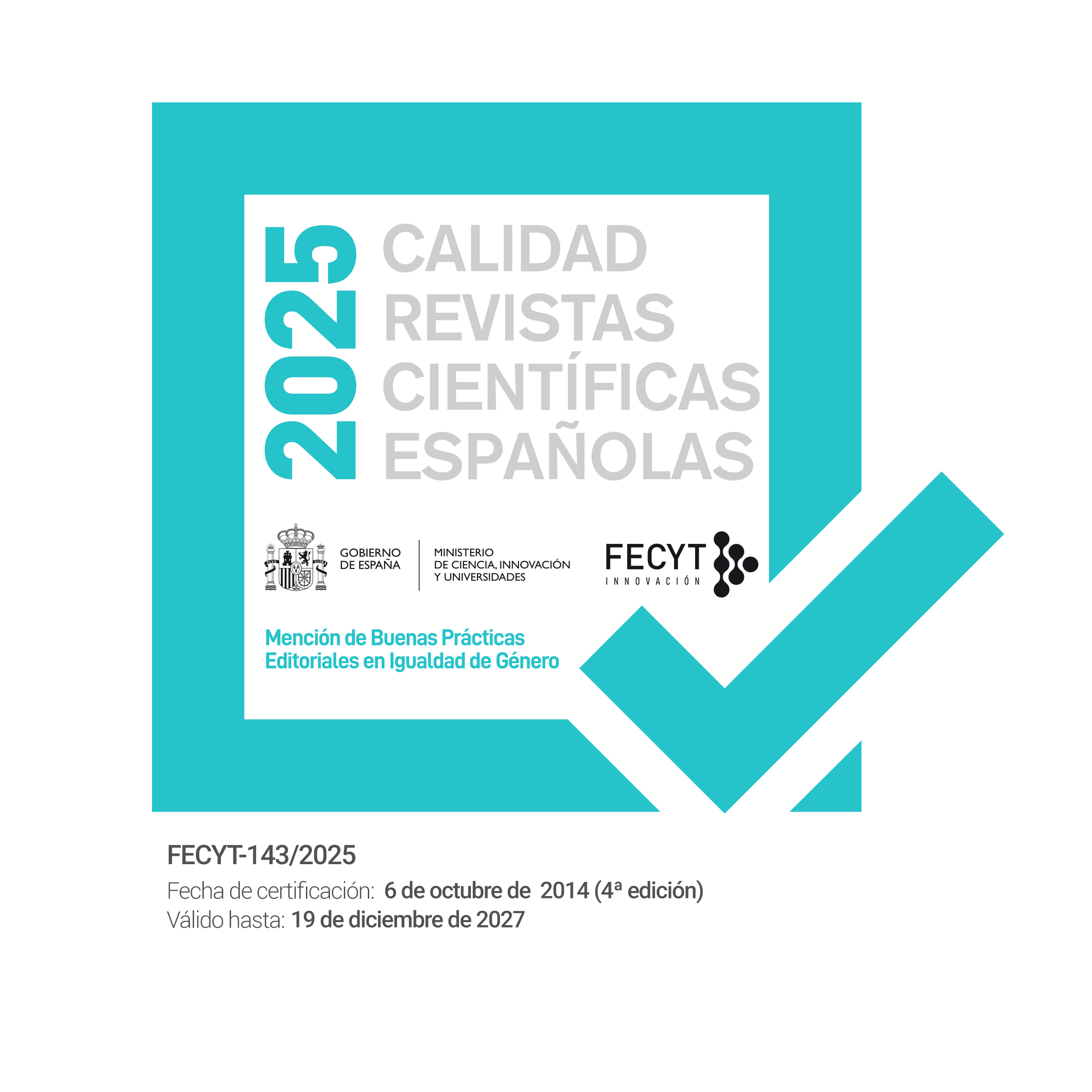PRE-SERVICE PRIMARY SCHOOL TEACHERS’ REFLECTIONS ON EFL STUDENTS’ AWARENESS OF GRAMMATICAL FORMS IN ONLINE COMMUNICATION
Keywords:
English as a Foreign Language (EFL), grammatical awareness, online communication, primary school, pre-service teachers’ reflectionsAbstract
This article involves an empirical study of pre-service primary school teachers’ essays on primary school students’ awareness of grammatical forms of English as a Foreign Language (EFL) in online communication. 10 pre-service primary school teachers (hereafter – participants) were matched with their respective control group of 10 non-teacher students enrolled in the same EFL course at a large university in Norway. The specific aim of the study was to analyse the participants’ reflective essays and to juxtapose them with the essays written by the controls in order to reveal possible differences between the two groups. The participants’ and the respective controls’ reflective essays about primary school students’ awareness of EFL grammatical forms in online communication in English were further analysed by means of a mixed- method design comprised of a quantitative analysis with the computer software program WordSmith (Scott, 2012) and a qualitative framing analysis. The results of data analysis indicate that the frames found in participants’ reflective essays fall within 6 categories, namely “Attention to Grammar”, “Encouragement”, “Individual Differences”, “Informal Language”, “No Attention to Grammar”, and “Subjective Opinion”. These findings are further discussed in the article.
Downloads
Downloads
Published
How to Cite
Issue
Section
License
El Grupo de Investigación “La lengua inglesa en el ámbito universitario” HUM-397 conserva los derechos de copyright de los artículos publicados y permite la reutilización de los mismos bajo licencia Creative Commons: Creative Commons Atribución-NoComercial-SinDerivar 4.0 Internacional: se pueden copiar, usar, difundir, transmitir y exponer públicamente los artículos mencionados, siempre que (a) se cite la autoría y la fuente original de su publicación, (b) no se usen para fines comerciales, (c) no se creen obras derivadas mediante su transformación, (d) se mencione la existencia y especificaciones de esta licencia de uso.








